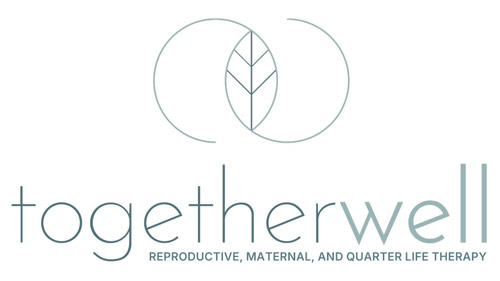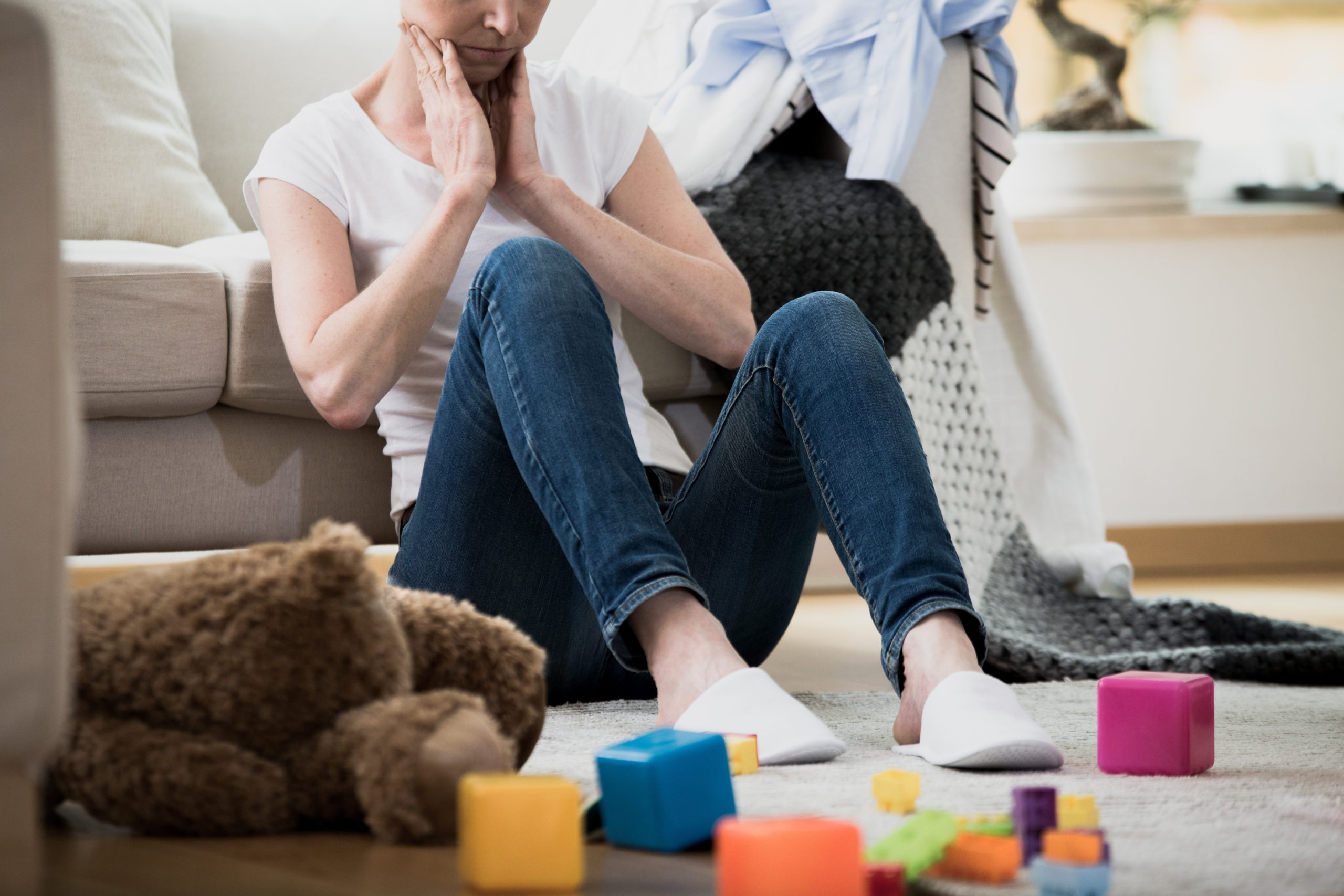Some days are rough. Sometimes it’s a whole week or month.
And, if you’ve lived through 2020 and the first part of 2021, you know hard times can last for years on end.
But while the past 19 months have brought grief, stress, depression, and anxiety, there’s a shared feeling of “we’re all in this together.”
In other words, you may not be okay, but neither is anyone else.
From parents to teachers, front-line workers to children and teens, we’re all being challenged in individual and collective ways.
We’re doing the best we can to get through each day, but the struggles are new, complicated, and sometimes downright overwhelming.
It’s not easy and never straightforward, but does it make a difference knowing no one is okay?
I’d argue that while it normalizes the feeling, it doesn’t make it go away.
Take me, for example. As a professional therapist, business owner, and mother, I know my colleagues, family, friends, and patients feel the same stress and anxiety. I understand because I am right there with you.
But how do we acknowledge this reality without judgment and also take steps toward a better future?
As we head into the colder months, a time of year when many of us struggle with mental health (even pre-Covid), I’ve put together a few simple tips that can help.
Tip #1: Practice self-compassion.
It’s one of the first things I say to all of my patients, no matter what they’re going through:
You are not alone.
No one is okay right now, now more than ever. We’re living through unprecedented times with unprecedented challenges, and the impending winter can take an extra toll on your mental health.
Before you can make a plan, validate how you’re feeling and give yourself some grace. We’re all going through it, and that’s okay.
Tip #2: Build your community now.
We’re currently in that sweet spot of fall — the weather is beautiful, and, for the most part, people feel comfortable meeting outside to spend some quality time together.
My advice: Take advantage of this time and push yourself to connect with people through support groups, community events, and parenting networks. If you wait until winter, there will be fewer options as people start to head back indoors.
Now is the time when, even if the group has to stop meeting in person, you’ll get the opportunity to build up your community. So, stop putting it off and start connecting now.
Tip #3: Plan something — and put it on the calendar.
It’s incredible how the simple act of making plans and putting them on the calendar can impact our mental health.
Just having something to look forward to, whether it’s an outdoor brunch with friends or a fun fall activity with your family, can make a big difference!
This also goes for scheduling alone time. Getting your hair cut, signing up for that therapy session you’ve been putting off, or prioritizing exercise — putting yourself on the calendar is arguably the most important thing you can do for yourself.
Tip #4: Get outside and get moving.
Even as the weather begins to turn, take a few minutes to bundle yourself up and get outside.
Even just a 5-minute walk or stretching session in the privacy of your own backyard is great for your physical and mental health.
In fact, being outdoors can improve your overall well-being by lowering your blood pressure, improving mood and focus, and helping with sleep and fewer aches and pains.
And if the idea of braving the frigid temps is just too much, find a way to move indoors. Download a yoga app, join a local YMCA, or take an online fitness class. Doing something is better than nothing, and every little bit makes a difference
Tip #5: Create a “credit list.”
This idea may be new to some of you, but it works. (And it only takes three minutes a day!)
Before you go to bed in the evening, write down three things you did well that day. These don’t have to be major accomplishments, just little wins that you wouldn’t otherwise give yourself credit for.
Maybe the morning was a grind, but did you get everyone out the door? Success! Did you finally call that friend you’ve been meaning to catch up with? Write it down! Or maybe your kid ran out of toothpaste, and you had a new one ready to go. Well done, you!
Acknowledge those moments regularly, and you’ll start to see just how much you do right every single day.
And last but certainly not least, always reach out for support when you need it. No one is okay and many of us face anticipatory grief and anxiety as we head into the colder months, so know you don’t have to go through it alone.
If you’re considering joining a support group or enrolling in therapy, I encourage you to give it a try. Even if it turns out not to be the right fit for you, you’ll be one step closer to taking control of your mental health.
At TogetherWell, we offer therapy and support groups for a number of prenatal, postpartum, and quarter-life issues. We’re very connected to our local community, so we’re happy to help or offer resources in any way we can.









